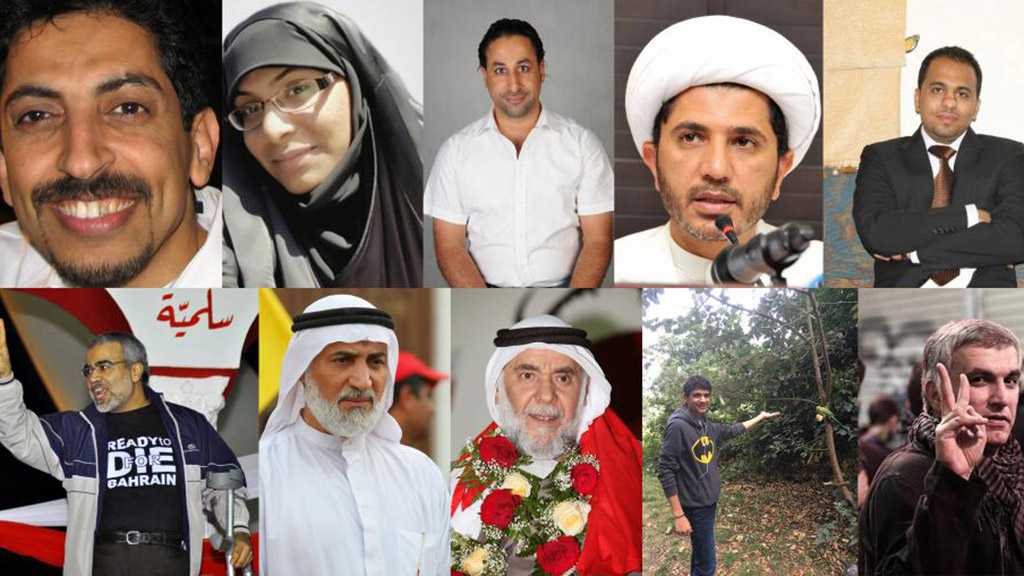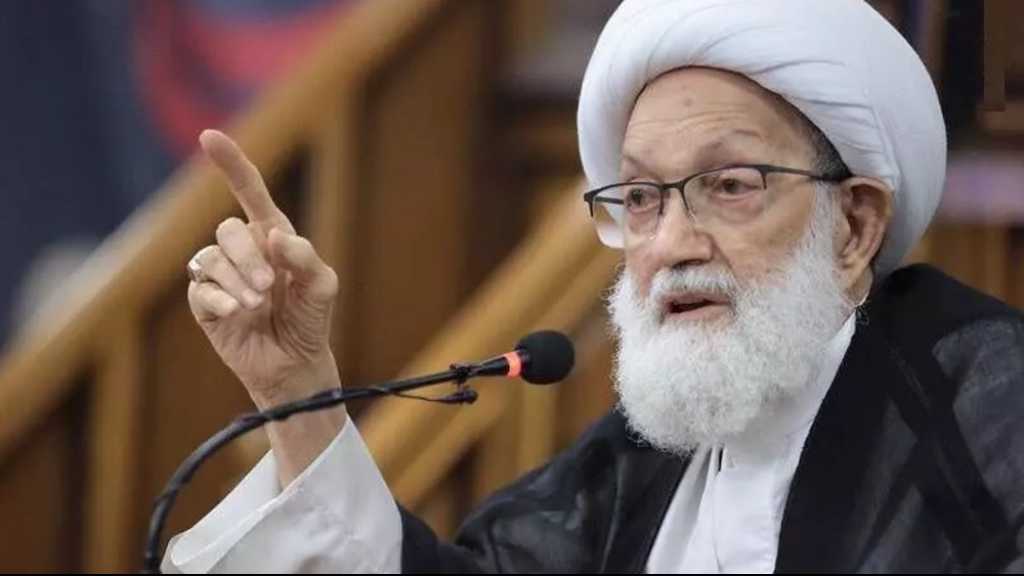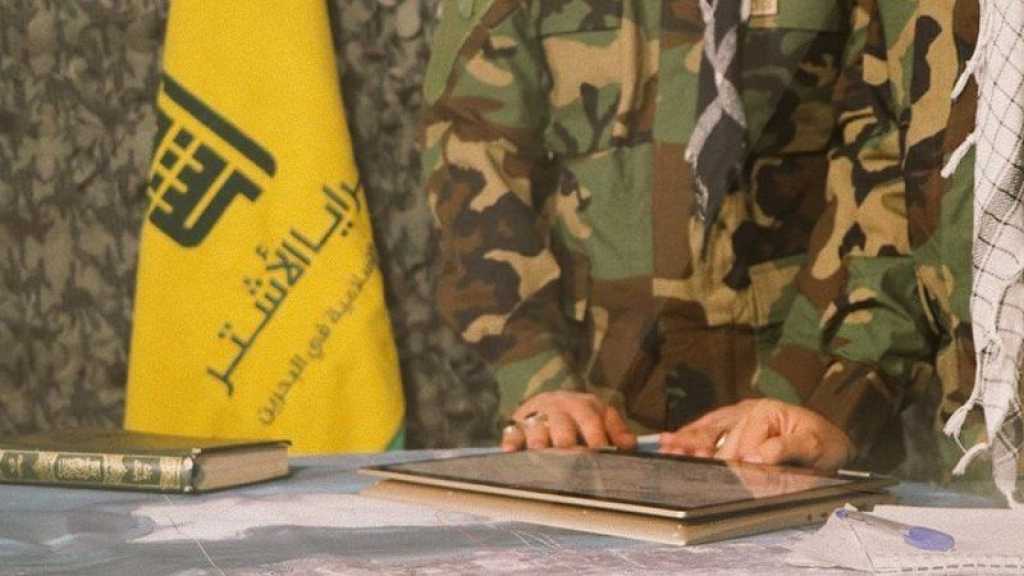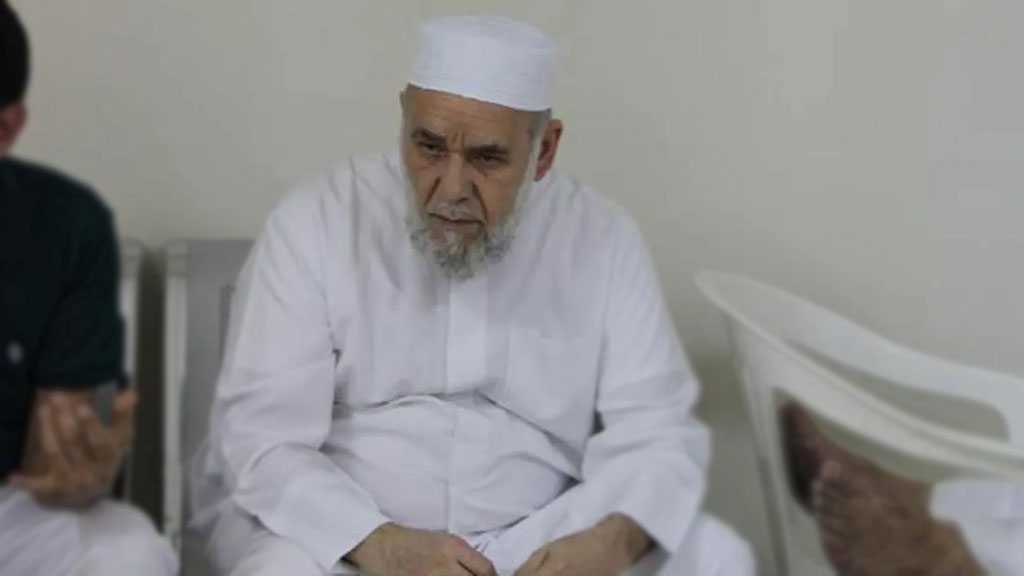Rights Groups Urge Releasing Bahrain’s Imprisoned Defenders, Opposition Activists

By Staff, HRW
Amid the global threat posed by COVID-19, Bahraini authorities should release human rights defenders, opposition activists, journalists, and all others imprisoned solely for peacefully exercising their rights to freedom of expression, assembly, and association, a coalition of 19 rights groups, including Human Rights Watch [HRW], said on Monday.
On March 17, 2020, Bahrain completed the release of 1,486 prisoners, 901 of whom received royal pardons on “humanitarian grounds.”
The remaining 585 were given non-custodial sentences. While this is a positive step, the releases so far have excluded opposition leaders, activists, journalists, and human rights defenders – many of whom are older and/or suffer from underlying medical conditions. Such prisoners are at high risk of serious illness if they contract COVID-19, and thus ought to be prioritized for release.
“Bahrain’s significant release of prisoners is certainly a welcome relief as concerns around the spread of COVID-19 continue to rise. Authorities must now speedily release those who never should have been in jail in the first place, namely all prisoners of conscience who remain detained solely for exercising their right to peaceful expression”, said Lynn Maalouf, Amnesty International’s Middle East director of research. “We also urge the authorities to step up measures to ensure full respect for the human rights of all those deprived of their liberty.”
Opposition leaders imprisoned for their roles in the 2011 protest movement remain behind bars. These include Hassan Mushaima, the head of the unlicensed opposition group Al-Haq; Abdulwahab Hussain, an opposition leader; Abdulhadi Al Khawaja, a prominent human rights defender; and Dr. Abdel-Jalil al-Singace, the spokesman for Al-Haq.
Other prominent opposition figures, including Sheikh Ali Salman, secretary general of the dissolved Al-Wefaq National Islamic Society [Al-Wefaq], also remain imprisoned. Sayed Nizar Alwadaei, who was deemed arbitrarily detained by the United Nations in “reprisal” for the activism of his brother-in-law, the exiled activist Sayed Ahmed Alwadaei, and human rights defenders Nabeel Rajab and Naji Fateel have not been released either. Amnesty International considers them to be prisoners of conscience who should be released immediately and unconditionally.
The Bahrain Center for Human Rights [BCHR] has documented that a total of 394 detainees of the 1,486 released were imprisoned on political charges. According to Salam for Democracy and Human Rights, another Bahraini nongovernmental group, 57 of the 901 prisoners who received a royal pardon were imprisoned for their political activities, while the rest were given non-custodial sentences. Since the Bahraini government has not made available any information on the charges for which those ordered released had been convicted, the exact figures cannot be verified. However, it is clear that people imprisoned for nonviolent political activity are in the minority of those released.
Scores of prisoners convicted following unfair trials under Bahrain’s overly broad counterterrorism law have been overlooked and denied early release or alternative penalties, even though other inmates serving considerably longer sentences were freed. This includes Zakiya Al Barboori and Ali Al Hajee, according to the Bahrain Institute for Rights and Democracy [BIRD).
Conditions in Bahrain’s overcrowded prisons compound the risk of COVID-19 spreading. The lack of adequate sanitation led to a scabies outbreak in Jaw Prison – Bahrain’s largest prison – and the Dry Dock Detention Center in December 2019 and January 2020. Almost half of the Dry Dock Detention Center’s prison population was infected. In 2016, a governmental Prisoners and Detainees Rights Commission found buildings at Jaw Prison to suffer from “bad hygiene,” “insect infestation,” and “broken toilets.”
Furthermore, Amnesty International, Human Rights Watch, and the UN have expressed their concern over the authorities’ persistent failure to provide adequate medical care in Bahrain’s prisons. This has endangered the health of some unjustly imprisoned persons with chronic medical conditions, such as Hassan Mushaima and Dr. Abdel-Jalil al-Singace, who may now be at heightened risk of contracting COVID-19.
States have an obligation to ensure medical care for all those in their custody at least equivalent to that available to the general population and must not deny or limit detainees’ equal access to preventive, curative, or palliative health care. Given that conditions in detention centers pose a heightened public health risk to the spread of COVID-19, and the persistent failure to provide an adequate level of care to those in their custody, there are grave concerns about whether prison authorities could effectively control the spread of COVID-19 and care for prisoners if there is an outbreak inside Bahrain’s prisons.
Comments




